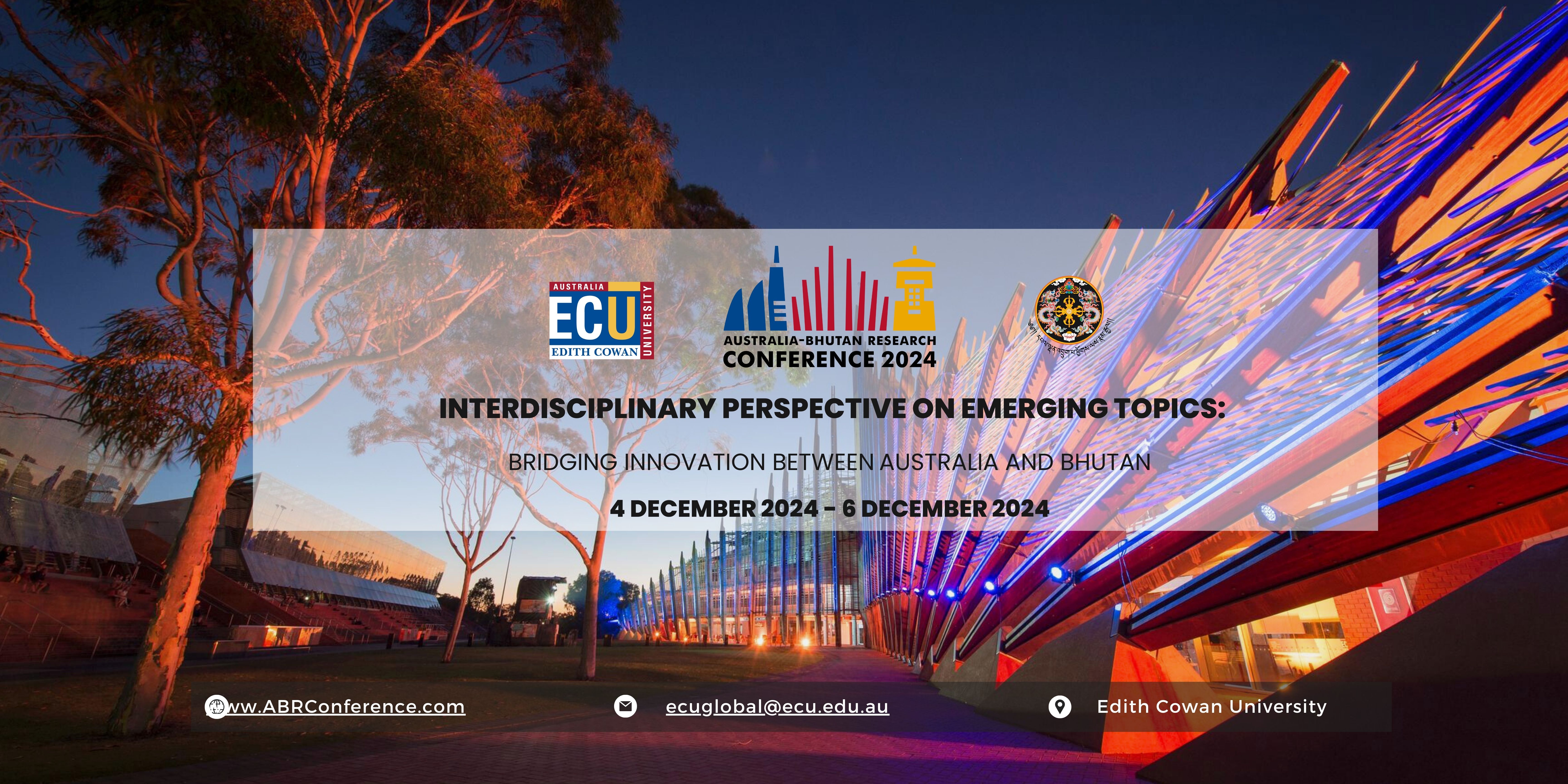Methane abatement research works at University of New England
Presenter(s) ORCID:
Tshering Gyeltshen: https://orcid.org/0000-0002-5135-8147
Loading...
Start Date
5-12-2024 4:30 PM
Presentation Type
Presentation
Keywords
bromoform, ruminants, greenhouse gas accounting
Abstract
Livestock are an integral part of the human food production system that helps in converting the abundant fibrous biomass from low-quality feed materials into high-quality proteins and supplying critical nutrients such as iron and vitamin B12. Where local climatic conditions cannot sustain crop cultivation, livestock remain a critical food source and act as a buffer against shocks such as bad harvest. On the other hand, livestock are incriminated as the main contributors to global greenhouse gas (GHG) emissions, chiefly methane, resulting from rumen fermentation accounting for 13 – 19% of global emissions. Besides the greenhouse gas effect, methane emissions represent a loss of energy from the animal systems, accounting for about 7-12% of the carbon energy. Research at the University of New England aim to reduce methane emissions from livestock through various feed supplements to reduce livestock impact on environment and increase production efficiency. This presentation will highlight the state-of-the-art research in methane mitigation.
Recommended Citation
Gyeltshen, T. (2024). Methane abatement research works at University of New England. Australia Bhutan Research Conference. Edith Cowan University. https://ro.ecu.edu.au/abr_conference/2024/Thursday_December_5th/9/
Methane abatement research works at University of New England
Livestock are an integral part of the human food production system that helps in converting the abundant fibrous biomass from low-quality feed materials into high-quality proteins and supplying critical nutrients such as iron and vitamin B12. Where local climatic conditions cannot sustain crop cultivation, livestock remain a critical food source and act as a buffer against shocks such as bad harvest. On the other hand, livestock are incriminated as the main contributors to global greenhouse gas (GHG) emissions, chiefly methane, resulting from rumen fermentation accounting for 13 – 19% of global emissions. Besides the greenhouse gas effect, methane emissions represent a loss of energy from the animal systems, accounting for about 7-12% of the carbon energy. Research at the University of New England aim to reduce methane emissions from livestock through various feed supplements to reduce livestock impact on environment and increase production efficiency. This presentation will highlight the state-of-the-art research in methane mitigation.


